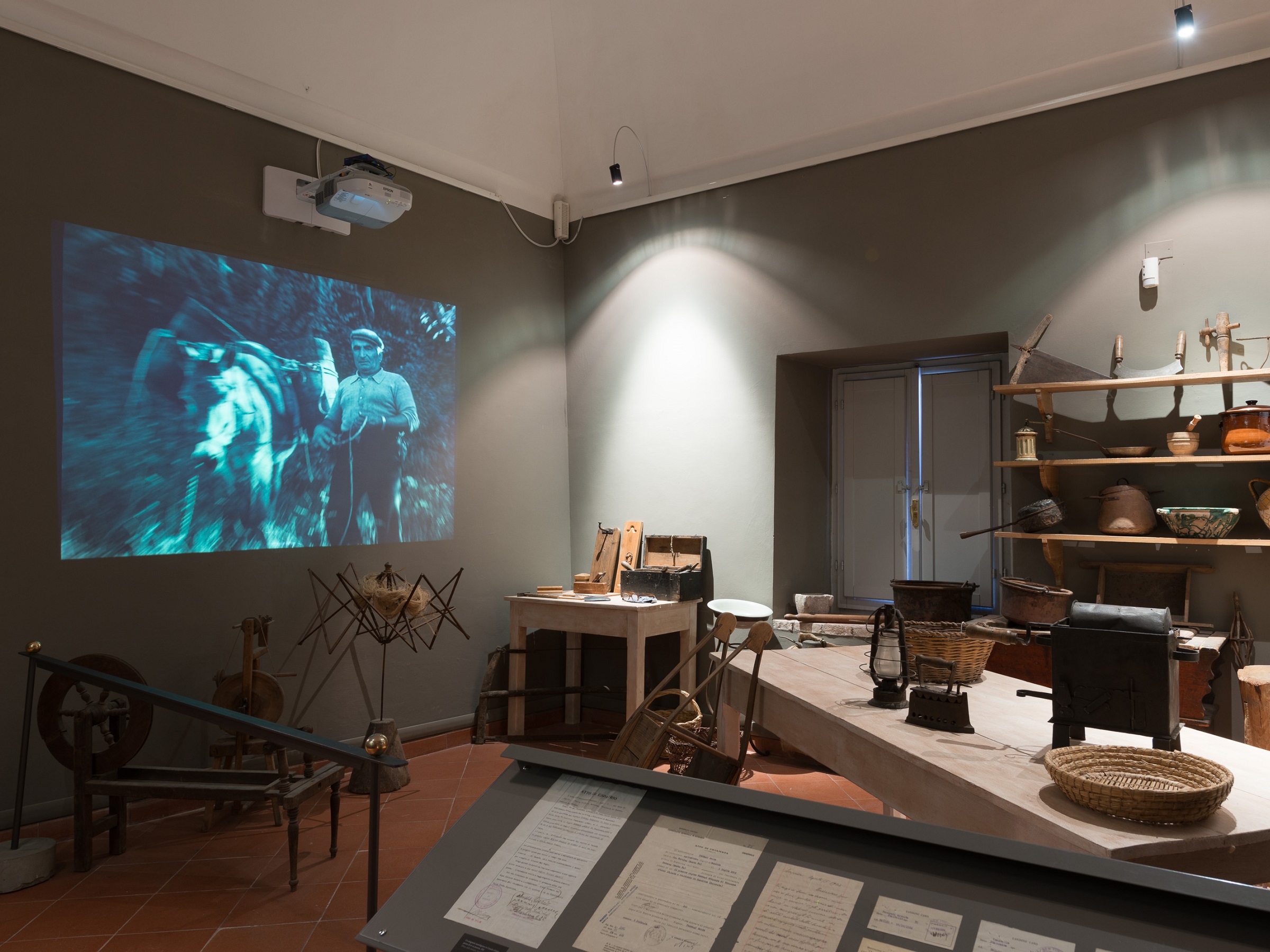From civil registers to orally passed-down stories, explore the key steps to rediscover your origins.
Tracing your family roots can be an exciting and enriching journey. Reconnecting with your family history not only helps you better understand your origins but also sheds light on events and traditions that have shaped who you are today. To start this journey, there are several useful documents that can provide valuable information. Let’s take a look at them.
Official Documents
Birth, marriage, and death certificates
These official documents, often kept at civil registry offices or State Archives, are a crucial source of information. They contain details such as the names of parents, spouses, and dates and places of birth, marriage, and death.
Parish registers
Churches maintain baptism, marriage, and burial records that can date back as far as the 16th century. These are particularly useful if civil archives do not cover the period of interest.
Census records
National or local censuses provide data on family composition, occupations, and other aspects of daily life. They are typically conducted periodically and can offer an interesting snapshot of your ancestors’ lives.
Immigration records
If your ancestors moved from one country to another, these documents can reveal information such as the arrival date, place of departure, and occupation.
Wills and probate records
These documents describe how property and assets were distributed among family members, often providing details on relationships and family connections.
Other Useful Sources
Family photographs
Images can help you identify people and reconstruct relationships and events.
Family correspondence
Letters, diaries, and other personal documents often contain information about daily life, events, and interpersonal relationships.
Military records
If an ancestor served in the military, these records can provide details on rank, location, and the period of service.
Naturalization records
If a family member became a citizen of a country other than their country of birth, these documents can provide information on the process and motivations.
Family stories
Talk to the older members of your family to gather anecdotes, traditions, and information passed down orally.
Practical Tips
Start with known information
Begin with available details such as names, dates, and places. The more information you can gather, the easier it will be to find relevant documents.
Organize the information
Keep a record of the sources you’ve consulted and the information you’ve collected.
Use online tools
Many documents are available in digital format through specialized genealogy platforms.




